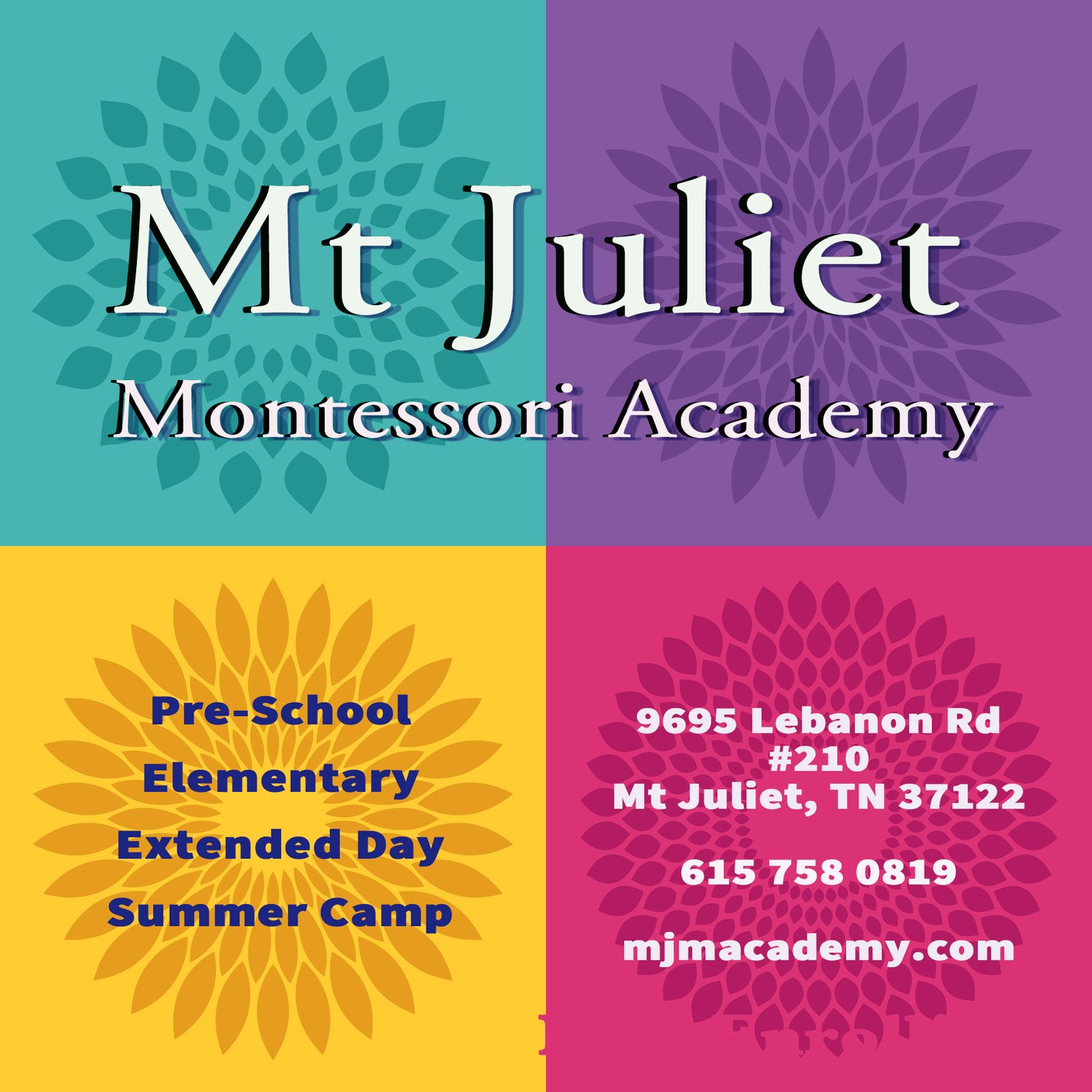-
Our specially prepared environment encourages self discipline, self-directed learning. Children are guided to choose their own work or join in another’s work (if that child is willing). In other words, our environment, our methods, and the structure of our day set your child up for lasting success.
-
No. But certain principals normally associated with spirituality such as respect for self and others, kindness, and teaching peaceful problem-solving skills (between children) are important aspects of Montessori. We also stop for a moment of gratitude before eating.
-
The teacher personally gives each child the lessons they are ready to do. Keeping in mind that the work is self-correcting and designed to hold a child’s interest, the child is allowed to work on his own or with other children exploring deeper and deeper knowledge that the “work” reveals. The children tutor one another, learning how to teach, learning leadership skills and acquiring a greater understanding of the lesson they are teaching. The older children also receive individual instruction. The whole outcome is a sense of belonging, community and empowerment for all.
-
Art is always available in the classroom and music is part of the daily experience. If a child has spent an immense amount of time on any one type of activity, the teacher entices/guides that child toward another sort of work next time.
-
Our lead teachers keep a daily log of which work each child has mastered. Parent-teacher conferences are held twice during the school year. The parent is also always welcome to make a parent-teacher appointment to discuss their child’s progress.
-
Although our quality is commensurate (or out-performs) Montessori schools priced much higher, the tuition at MJM is purposely very competitive with other Montessori Schools in the middle Tennessee area. We maintain a lower tuition to make it available to as many families as we can.
-
Since academics have been made easy and are well established in Montessori children, a child transitioning to a traditional classroom can focus their energy on the “new rules”, such as raising their hand and staying at their desks. At MJM, if we know a child will be transitioning, we begin to introduce them to more traditional elements, such as worksheets and hand-raising, and talk to them about what to expect during their next school year. Studies have been done on this and Montessori students tend to transition very well. (*An excellent book that addresses that subject is: MONTESSORI The Science Behind the Genius by Dr. Angeline Stoll Lillard.)

